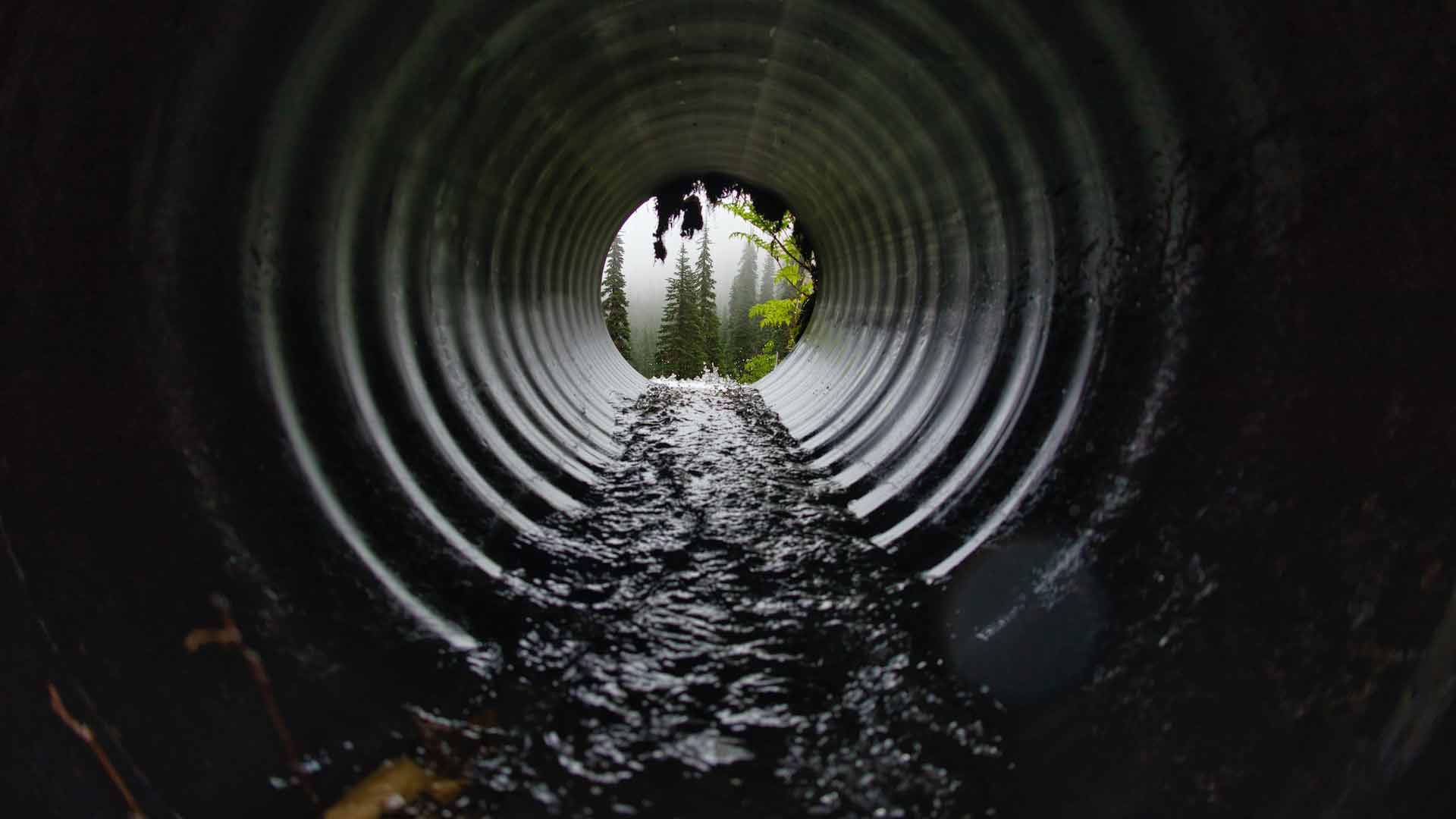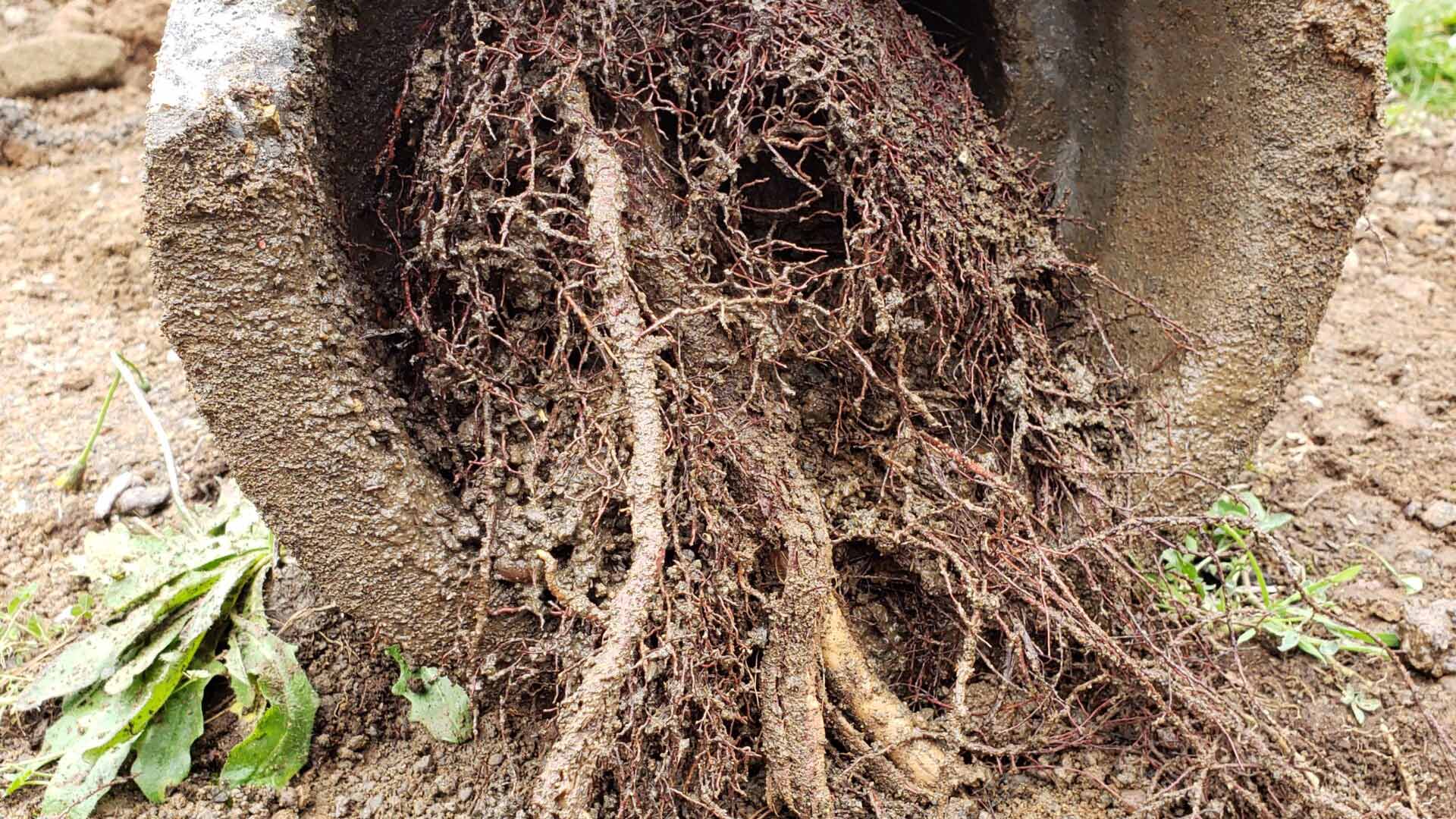
Maintaining a healthy and effective sewer system is crucial for the proper functioning of your home’s plumbing. Over time, sewer lines can accumulate debris, grease, and other materials that may lead to clogs and blockages. It’s essential to clean your sewer lines regularly to prevent costly and inconvenient sewer backups. In this article, we’ll explore how often you should clean sewer lines to ensure the longevity and efficiency of your plumbing system.
Factors Affecting Cleaning Frequency
The frequency of sewer line cleaning can vary depending on several factors. These factors include:
1. Age of the Plumbing System: Older homes with aging plumbing systems may require more frequent cleaning, as older pipes are more susceptible to corrosion and buildup.
2. Tree Root Intrusion: If your property has mature trees with extensive root systems, they can infiltrate sewer lines through cracks or joints, leading to blockages. In such cases, more frequent cleaning may be necessary.
3. Usage Habits: The number of people residing in your home and their daily water usage habits can impact how often your sewer lines need cleaning. Larger households with high water consumption may need more frequent cleaning.
4. Previous Plumbing Issues: If you’ve experienced sewer backups or clogs in the past, it’s advisable to initiate a regular cleaning schedule to prevent future problems.
5. Grease and Food Waste Disposal: Improper disposal of grease and food waste down the drains can contribute to sewer line clogs. Proper waste disposal habits can help reduce the need for frequent cleaning.

Recommended Cleaning Intervals
In general, it’s best to have your sewer lines professionally cleaned at least once every one to two years. This routine maintenance can help prevent significant blockages and determine any potential issues before they escalate. Regular cleaning will also keep your plumbing system in optimal condition, ensuring the smooth flow of wastewater.
However, certain situations may require more frequent cleanings. If you notice any of the following signs, consider scheduling a sewer line cleaning:
1. Slow Drains: If you experience slow drainage in multiple fixtures, it could indicate a partial blockage in the sewer line.
2. Foul Odors: Persistent foul odors emanating from drains or the yard may suggest a sewer line issue that requires attention.
3. Multiple Clogs: Frequent clogs in various drains throughout the house could indicate a sewer line problem that needs addressing.
4. Sewage Backup: The most obvious sign that your sewer lines need cleaning is if raw sewage backs up into your home or yard. It is an urgent issue that requires immediate attention.
Professional Inspection
Apart from routine cleanings, consider having a professional plumbing inspection of your sewer lines. A camera inspection can help identify potential problems such as cracks, bellies, or tree root intrusion. The plumber can recommend an appropriate cleaning schedule or necessary repairs based on the inspection results.
Sewer Lines Should be Cleaned by Professionals
Regular sewer line cleaning is a vital part of maintaining a hygienic and functional plumbing system. The recommended cleaning frequency depends on factors such as the age of the plumbing system, tree root intrusion, usage habits, and previous plumbing issues. Professional sewer line cleaning every one to two years is recommended as a general guideline. However, it’s essential to be proactive and address any signs of sewer line issues promptly. By doing so, you can avoid pricey repairs and ensure the smooth operation of your home’s plumbing for years to come.












